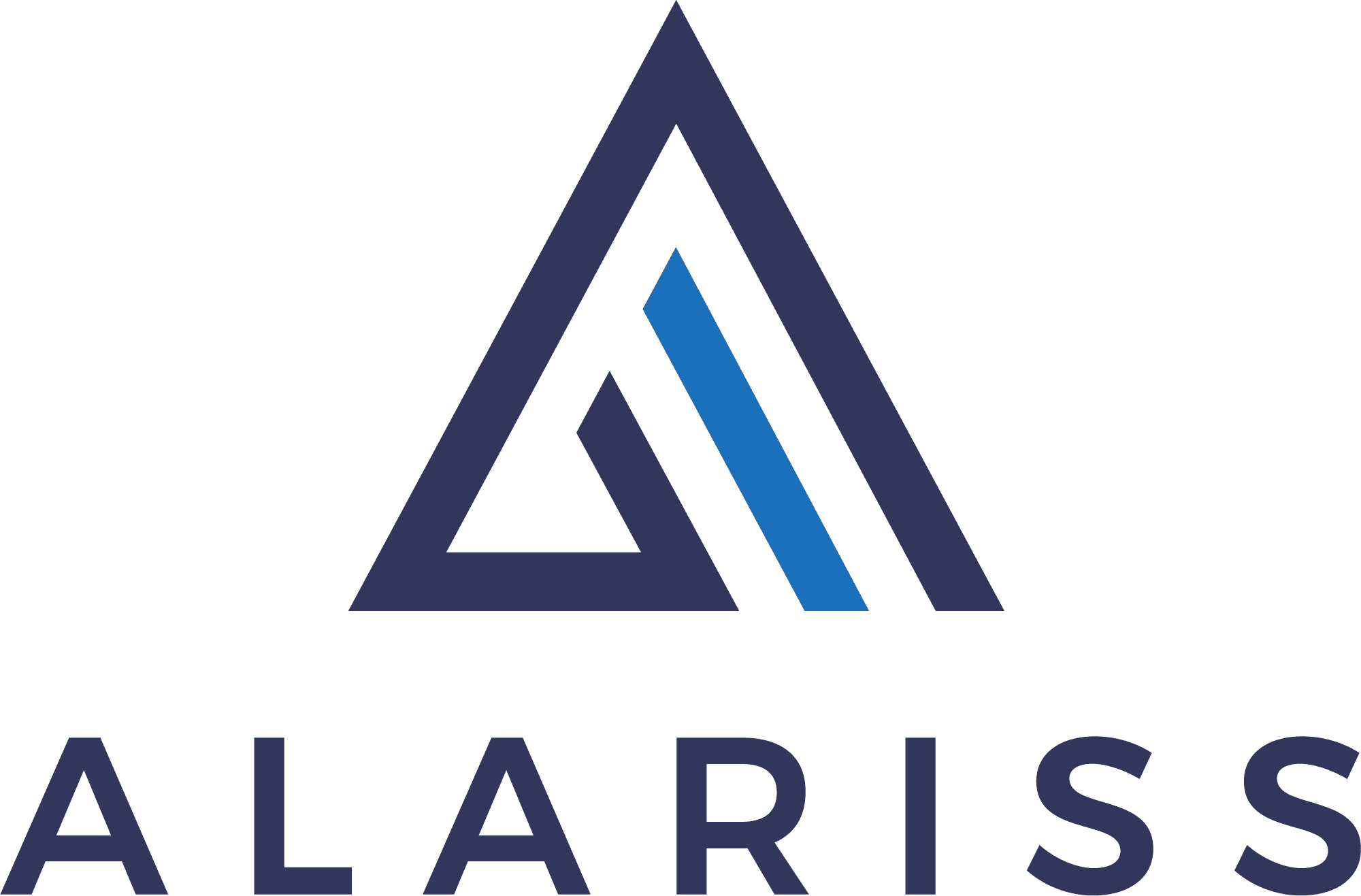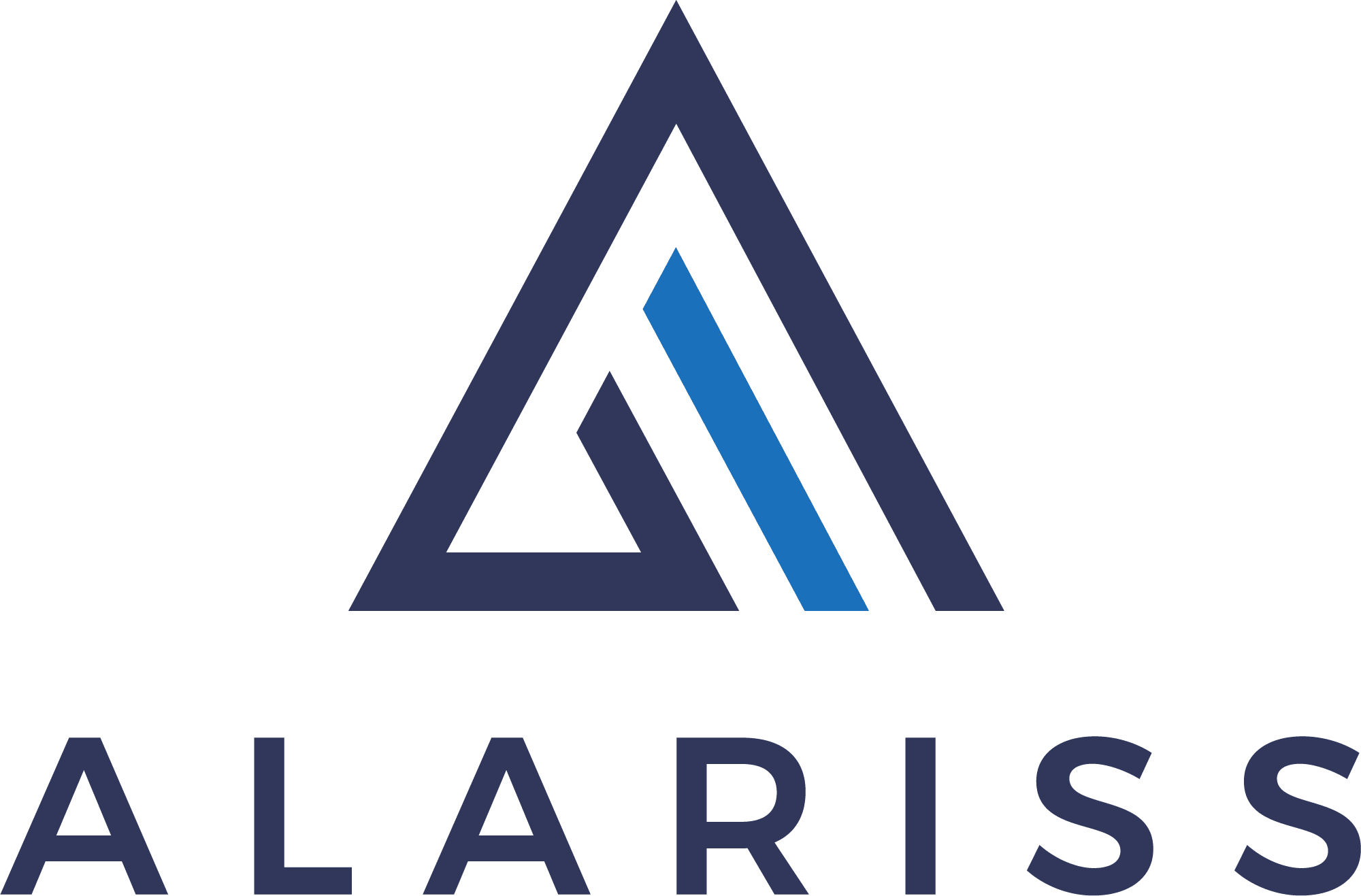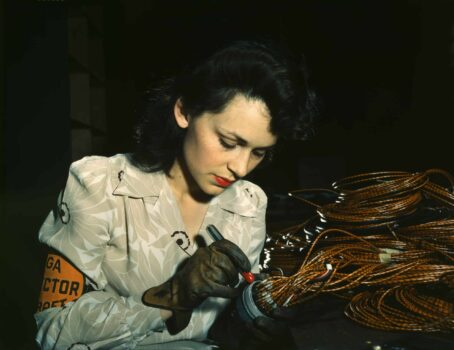Blog
Reflections on Careers in Public and Private Sectors
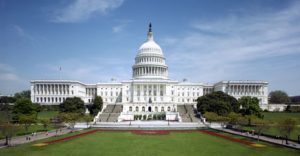
July 3, 2019
When I was in college, one of my most formative experiences was my involvement with the Institute of Politics (IOP). “The IOP at Harvard University was established as a living memorial to John F. Kennedy. Since its founding half a century ago, the Institute has used its programming and activities to ignite passion, appreciation and respect for politics and public service in the hearts and minds of every generation.” As the child of immigrants, I always felt grateful to my country and proud of the fact that I was American, but it was not until college that I realized how I could serve in some capacity and have a career in public sector service and policy.
An Internship Career in Public Sector
I was fortunate enough to have been selected for a competitive Director’s Internship program my freshman year, to work at the US Department of Labor. I was inspired in large part because then-Secretary of Labor Elaine Chao, who is now the Secretary of Transportation, was the first female Asian American ever to serve a cabinet position in the US government, at a time when I yearned for a role model and a sign of representation in leadership. That experience soon led to my internship my sophomore summer with the Foreign Service in Mongolia, and then the following summer and subsequent two years working for the Federal Reserve Bank of New York. Being a witness to history and serving a very tiny part in the fast and necessary measures undertaken by the Fed, Treasury, SEC, and other governmental agencies to address the worst financial crisis since the Great Depression will remain among my life’s proudest memories.
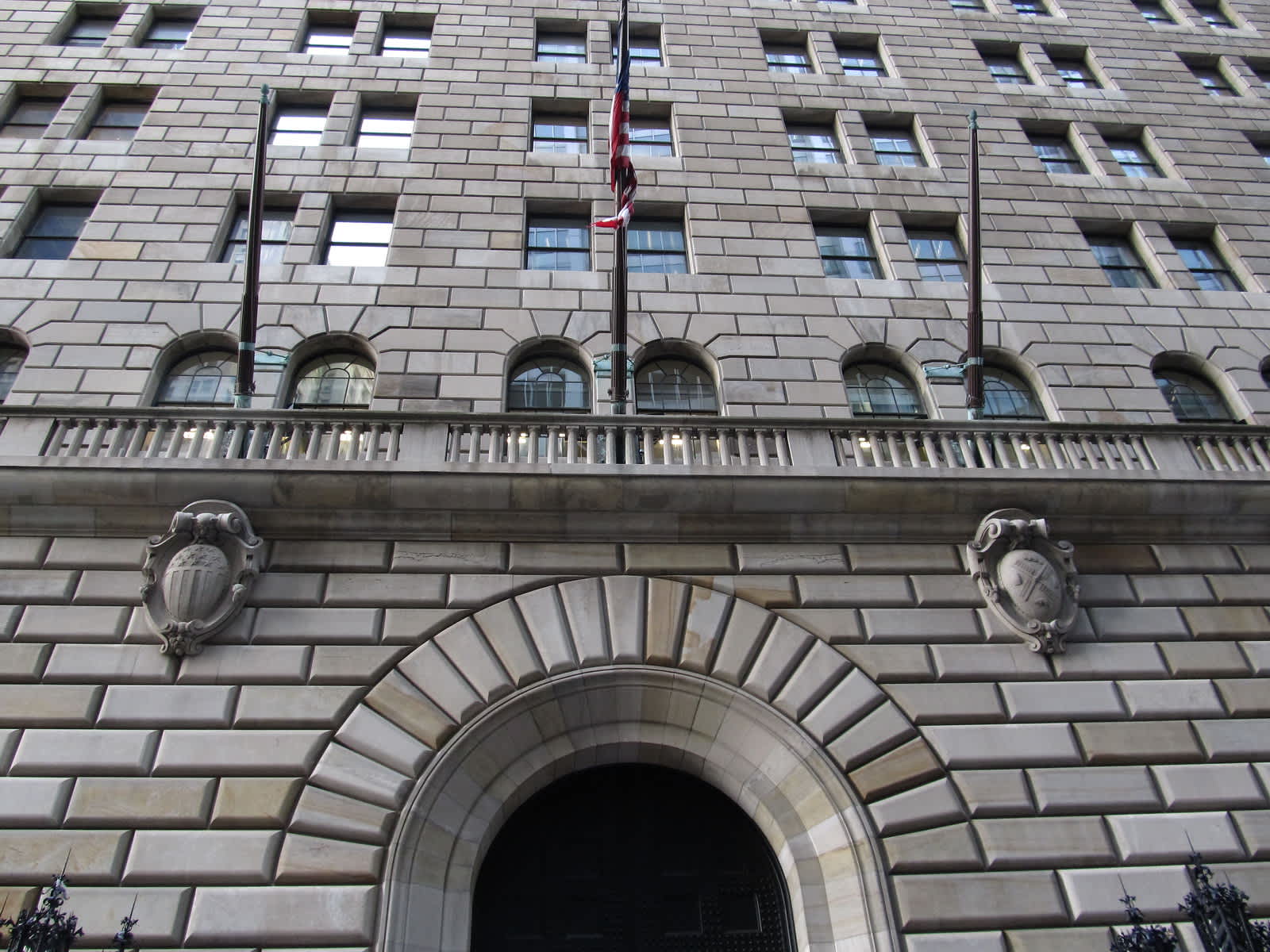
When I reflect back on my experiences, I realize how important it is to have internships, especially during formative university years, when young people are still exploring and learning about careers and their possible impact in the world. I was also fortunate to have been given opportunities to challenge myself and to have received incredible mentorship in those positions. My passion for labor economics and international relations were constants in my career, and I was set on pursuing graduate school in public policy.
Before School
However, before starting school, in part because I had never lived abroad for more than a summer and also because I recognized that foreign languages are best learned when young, I chose to explore working overseas. I reasoned that, if I wanted to eventually work for a multilateral institution like the UN or World Bank, it would be useful to have total fluency in Chinese. At the time, many people told me that job switchers can choose to change one of three things: geography, industry, or function. I felt determined that I would change all three–while I tried to get some work with international governmental organizations (IGOs), the timelines were long and the recruiting process far too opaque–so I ended up getting a job offer in the private sector, in a sales leadership role, in China. At the time, Groupon was the “fastest-growing company in Web history” according to Forbes. And with its hundreds of millions of dollars of venture capital, it was on a mission to take on the world in advance of a highly-anticipated IPO. China was among the largest consumer markets in the world, and coupons and flash deals were already very popular.
Some people were confused and bemused that I would go from studying government and economics at Harvard, then working at the Fed on financial regulatory reform policy amidst the Global Financial Crisis and later the European Sovereign Debt Crisis, to selling online coupons for karaoke and bubble gum. Frankly, I was a bit trepidatious myself, but for different reasons. I was going to go from being an analyst to being a manager in charge of the lives and careers of many people. What if I messed up? What if I ruined their careers? I felt huge imposter syndrome.
Working in China
Arriving in China and working in an American tech company frantically trying to beat out the competition in what can only be described as a giant land grab was an amazing and novel experience, to say the least. Given low barriers to entry and the amount of capital being pumped into the system, we had thousands of competitors, many with exact replicas of our website and who would poach customers and employees without second thought. Everything felt like it was do or die, and we were opening up new offices and hiring people at breathtaking speed.
Amidst the chaos, I did make some of the best friends of my life, and learned some very important lessons about leadership, collaboration across cultures, and inclusive economic development. Some of my most profound experiences were from my time living in third tier cities in China, managing a team of locals who had never stepped foot outside of their own province, much less outside of China.
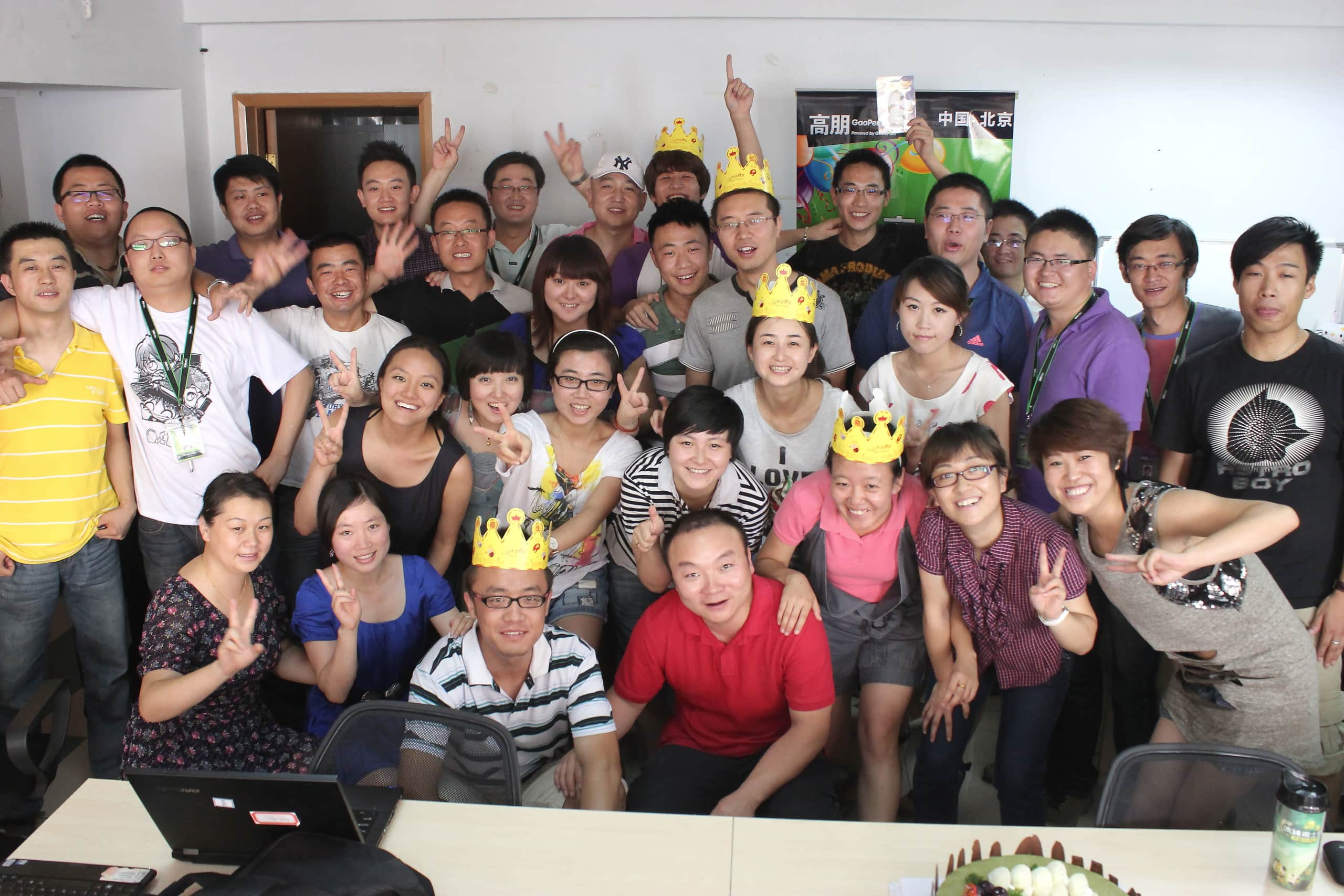
My employees let me know that their job at Groupon, and especially the legitimacy of being managed by a Harvard-educated American, gave them great meaning. They felt proud of the fact that they worked for a reputable, global company, and were contributing to something bigger than themselves. In a small city like Lanzhou, which is usually noted in China for being among the most polluted and least desirable for living, it meant quite a lot for an American technology company to have bothered setting up an office there.
We grew closer as a team, we got better at what we did, and we beat all revenue forecasts so that the branch office was able to become profitable. Their devotion and the sense of purpose they had made me feel pride and humility. As a well-educated American, I had never been so acutely aware of my own privilege. It seemed mind-boggling that I, as untested as I was, could have an opportunity to lead this team. And yet, there I was.
One of my good friends from college was serving as a Peace Corps Volunteer in Lanzhou, one of the few cities in which PCVs were able to serve in China. I realized with a bit of surprise that this was yet another indication of how under-developed the region must have been compared to the rest of the country. Beijing, Shanghai, Shenzhen, and Guangzhou, all located on the eastern seaboard, generate an eighth of national output, even though the four cities account for just five percent of the total population. Most overlooked Western China, and Lanzhou was considered a third tier city. It made me feel proud of the fact that my team could earn money and partake in a solid business model that would feed their families, buy houses, and send their children to college in an economically less-advantaged region of the country.
Reflections on Working in the Public and Private Sectors
Reflecting back upon my experiences, I realize that, to achieve the most positive outcomes overall, public and private partnerships were always crucial. The financial markets could not have stabilized from government intervention alone without the financial institutions also cooperating, and, absent job creation and entrepreneurship, there can be no economic growth in a country. I realized that working at the intersection of the public and private sectors was both meaningful and rewarding for me.
Today, I see many issues for which it is easy to point fingers and blame government or businesses for the current state of affairs. And yet, it is more productive to look at ways in which various stakeholders can and should work together. Some of the most challenging problems facing our world today are simply too complex for a single entity to tackle. Those issues include climate change, poverty alleviation, public health, the ethics of gene editing, the dearth of potable water, gender equality, and many others.
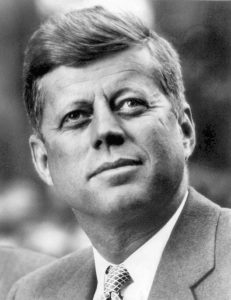
While Alariss is structured as a private company, recognizing the difficulty of continuous fundraising for non-profits, I see it as an impact-oriented organization with a strong social mission. I believe that economic development requires the collaborative efforts of government and industry; neither party is wholly adequate alone. Through our work, we strive to better circulate talent and skills to areas in which they are most needed, while ensuring that people are properly compensated and supported. We hope to enable global brain circulation, as talent with skills from one country contributes to the development of another. This, in turn, will contribute to the overall well-being and stability of all countries. Having a collaborative career in public sector and private sector is easy with us.
In the words of John F. Kennedy, whose mark is everywhere at the IOP and around the world: “A rising tide lifts all boats.”
